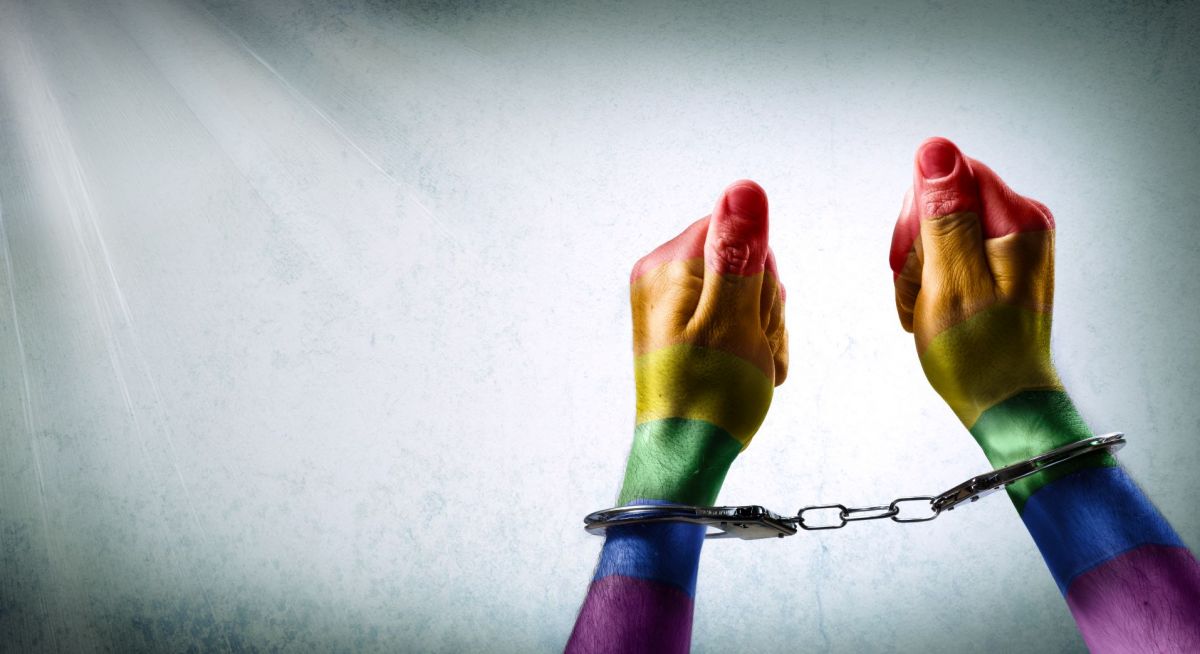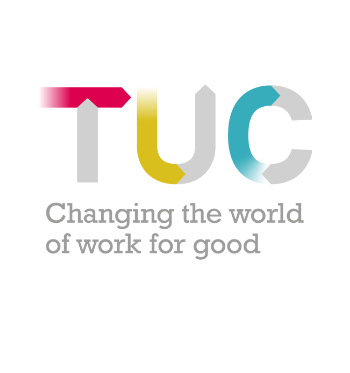
Brunei's barbaric anti-LGBT laws are far from unique
- There has been international outcry after Brunei introduced anti-LGBT+ laws that make anal sex and adultery offences punishable by stoning to death.
- But many other countries in the world have also stripped LGBT+ people of their rights and subjected them to human rights abuses.
- The UK trade union movement condemns any and all laws that punish people for whom they love and will keep fighting for genuine LGBT+ equality everywhere.
Barbaric new laws
Over the last week an international wave of revulsion and anger has been unleashed following Brunei’s decision to introduce laws that make anal sex punishable by stoning to death.
These laws have been described as brutal, medieval and horrible. They are all of these things and more.
But what they are not is unique.
In the Commonwealth alone, 35 of the 53 member states criminalise same-sex activity, many with imprisonment and some, like Brunei, with a death sentence.
And across the world, from Guyana in South America to Papua New Guinea in the Pacific, the law of the land has stripped LGBT+ people of their rights and subjected them to grave human rights abuses.
The UK trade union movement will always fight these abuses wherever they take place. And we’re committed to raising awareness of them even when it’s inconvenient for the UK government.
Because we will never stop fighting for genuine LGBT+ equality in every country in the world – and an end to barbaric laws that punish people simply for whom they love.
What can unions do to help?
The UK trade union movement and many international trade unions have been working to raise awareness of these human rights abuses and bring pressure to bear on the governments that support repressive laws.
We have ensured that international frame workers that govern the actions of trade unions across the globe highlight LGBT+ issues. This is one of the ways in which our movement can put pressure on governments that support repressive laws in countries far from the UK.
In recent years the TUC has been using its influence to promote change by working with partners via a process set out in our ‘International LGBT Solidarity’ charter.
As part of this process, last year we organised a Commonwealth Heads of Government Meeting side event with UNISON, the Kaleidoscope Trust and the APPG on Global LGBT Rights.
Bringing trade unionists, LGBT+ activists and politicians from across the Commonwealth in this way helps to forge links and partnerships for change in countries where being LGBT+ was a crime.
And petitions like this one calling for an end to LGBT+ human rights violations in Brunei can also make a difference.
What about LGBT+ workers from the UK?
There’s another angle that we must always consider: the question of whether LGBT+ workers are safe when they travel abroad for work or leisure.
This problem is so acute, and has existed for so long, that there are LGBT+ organisations which exist just to make checking easy.
For example, the International Lesbian, Gay, Bisexual, Trans and Intersex Association (ILGA) produces a map of the globe showing which countries are not safe for LGBT+ travellers.
Protecting people’s safely of is a moral imperative for governments, employers and unions. All must ensure LGBT+ people are not made to work in states that are hostile to their very existence.
Still living in fear
This issue is complicated by the fact that, for a range of very understandable reasons, many LGBT+ workers are not open about their sexual orientation or gender identity.
We know from the Government Equality Office’s recent survey of over 108,000 LGBT+ people that almost a third (30%) had not been open about their sexual orientation or gender identity with any senior colleagues and one in five (19%) had not been open with any of their colleagues at the same or a lower level.
This means employers who work internationally cannot rely on their knowledge about the sexual orientation or gender identity of their staff when making choices on international assignments.
And they cannot rely on workers making their sexual orientation/gender identity known in these discussions.
Employers must work with unions to review their policies on international deployment to make sure there are robust processes in place to prevent LGBT+ staff being sent to countries where the laws criminalise who they are.
Stay Updated
Want to hear about our latest news and blogs?
Sign up now to get it straight to your inbox


